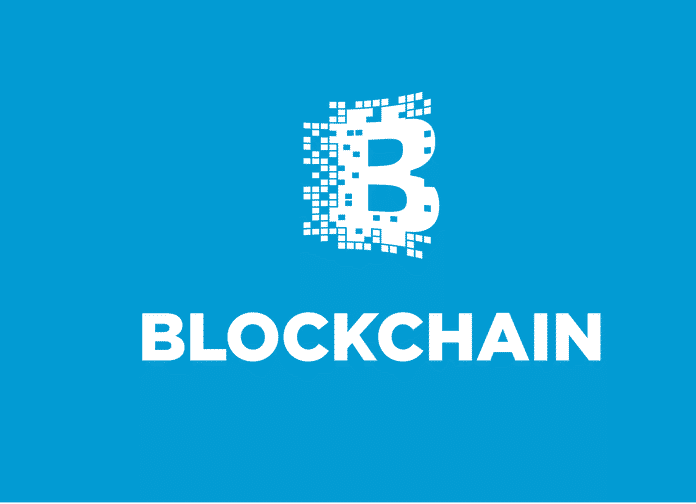
Blockchain: Evolving as the turbulent force in Automotive Sector
Recently, the automobile industry has been around changes from traditional renewable energy source fueled vehicles assembling to green and sustainable energy alternatives as found in Tesla’s product portfolio. An energizing coincidence is the development of blockchain innovation as a distinct advantage in the engine procedures or operations. Many trusts that blockchain will change operational norms in the Automobile industry, but also change every industrial sector, sooner rather than later.
These days the majority of the world automotive segment representatives have trusted that the most recent blockchain innovation will currently be going to wind up a turbulent force in the business within the next three years, as indicated by the report which has been announced. As of now, the industry is still in the beginning period of keeping the most recent technology, the study which has been affirmed by the IBM Institute for the Business Value in incorporation with the Oxford Economics. They said that the blockchain has the possibilities to strengthen the coordinated effort and trust among the end users, organizations and even vehicles.
The blockchain is a distributed ledger innovation which gives a progressively straightforward and secure approach to direct business with loads of data to be held on a blockchain which exists as a shared database. So many as 62 percent of surveyed officials state that the Blockchain will be a turbulent power in the Automotive sector, not beyond three years, as indicated by the report.
By disconcerting every one of the difficulties in the technology field like handling, storing, analyzing and sharing information blockchain can move the worldview of the data from the error inclined to substantially much more value addition. According to the report, it has additionally disclosed that the blockchain would have a high effect on enhancing the points which are significantly looked by the automotive sector.
62% Believe Blockchain Will interrupt Automotive Industry: Survey
IBM Institute for Business Value and Oxford Economics overview of vehicle industry uncovers that 62% of automotive officials reacted that blockchain would be a turbulent power through the span of two years. Moreover, none of these progressions are relied upon to become successful in the present moment because of just a negligible area of OEMs and additionally, suppliers of the business, are prepared for the adoption of the blockchain.
Tasks set for Interruption
As indicated by persons who conducted the study, Matthew Jones, Ben Stanley, Dirk Wollschlaeger express that blockchain will reform the backend tasks of the automobile sector over the segments. The territories where such viable changes are likely are in finance, mobility services, and Supply chain network.
Moreover, after sales deals and spare parts circulation could likewise observe better-managed administrations with this framework. The creators include that a key factor which impacts the execution of a specific brand of vehicle is the replaced spare parts at the service center. The practice of fake parts is a noteworthy risk to the business and detectability of extra parts utilized over the lifecycle of the vehicle is a noteworthy issue. With the utilization of blockchain, such recognizability becomes ordinary and straightforward in this way constraining real issues, for example, counterfeit items, reviews and additionally the safety of purchasers.
Moreover, the real push of blockchain to the extent the authors are concerned is the way that it will end up being the changing variable in enhancing operational efficiencies. The conceivable regions which will be enhanced are financial exchanges, environment support, and client loyalty and in addition customer experience. It is likewise expected to change the way in which this kind of business is executed. As many 54% of new business models are required to take the decentralized stage and consequently bring more investment to the blockchain technology development.
Furthermore, just a few administrators expressed that their association was prepared for the business utilization of blockchain innovation. The absence of training and familiarity with blockchain innovation among administrators was resolved as the foremost reason behind the slow advancement in conveying a distributed ledger-based item, while regulatory imperatives framed the other significant viewpoint.

